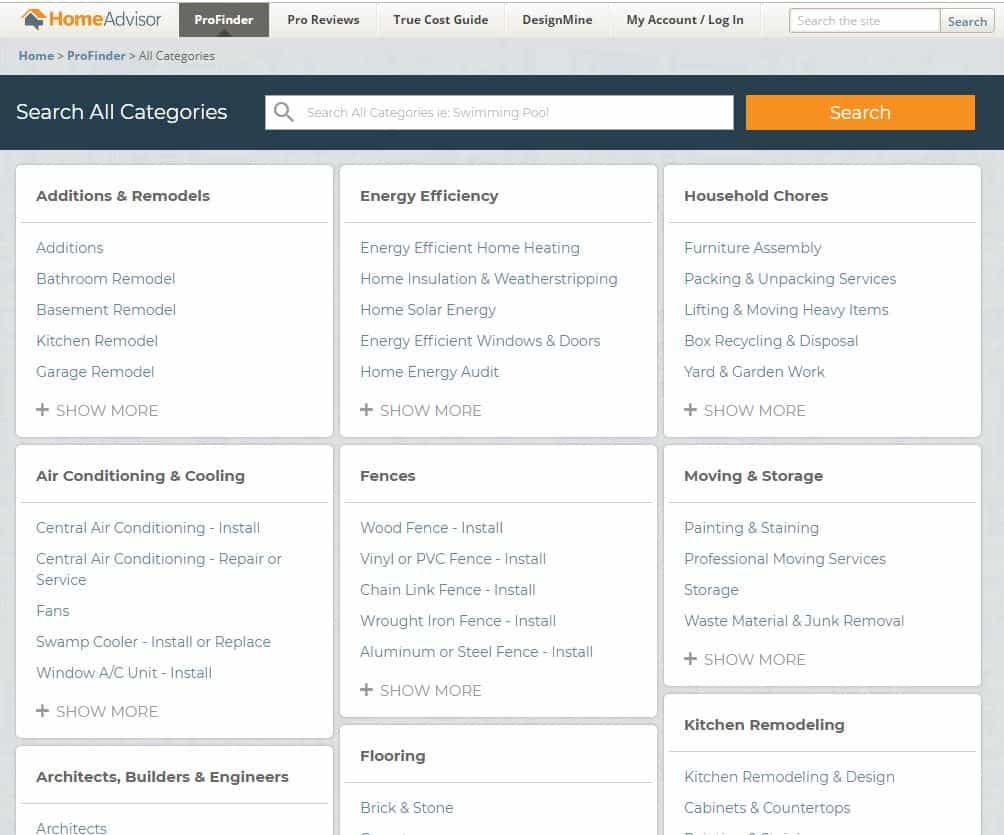
When you think of starting an HVAC business, you probably picture yourself running the business from your garage. Although this is a good idea, there are some important things to remember before you go ahead and make that leap. While you may be able to earn a decent salary as an owner, you should also take a look at the costs and qualifications you need to start your own company. In this article, we'll look at the average salary of an HVAC business owner, the qualifications you need to start your own business, and how to get the necessary insurance to run your own operation.
Costs to start an HVAC business
There are two options for setting up an HVAC company: franchise or start your business from scratch. The costs of each vary greatly. The cost of a franchise is lower than the cost of starting a business completely from scratch. However, ongoing costs must be considered. The franchise fees may include a registration fee and business maintenance fees. You also need to consider the cost of employees, equipment, and vehicles. Insurance and licensing are also required for a new business. The cost of an HVAC business varies depending upon the state you live in.
For HVAC operations to be conducted in the United States, a business licence is required. These licenses can be obtained depending on your location and experience. Additionally, small business owners need to select a professional and unique name. They must also provide contact information, such as email addresses and phone numbers. It is vital to have the assistance of a business advisor.

Average salary for a business in hvac
An average HVAC business owner earns between $35,000 to $75,000 annually. This is quite a large sum considering the fact that HVAC business owners make approximately 96 percent on their total income. Those owners also spend money on marketing, utilities and other costs. The owners get only 6 percent of the earnings. This means that if an HVAC business generates $1 million in revenue, the average HVAC owner would only get $60k in take home pay. If financial freedom is your goal, the average HVAC business owner's salary could range from $35,000 to $75,000 annually.
Your margins are essential for a successful HVAC business. Your profit margin will help you decide where to cut costs and increase revenue. This will result in customer complaints and field math errors, as well as charging customers for labor. Instead, consider charging flat rates to all jobs. This will simplify your life, reduce errors, and make it easier for you to do business. You will be happier with your customers, too. A system will help you track your revenue and expenses as your business grows.
The qualifications required to be a owner of an HVAC business
Whether you're a certified HVAC technician or just a smart businessperson, the required qualifications for an HVAC business owner can help you stand out from the crowd. If you're not both, you can partner with someone who is. In this article, we'll outline the five most important metrics to consider for HVAC business owners. These are Experience and Qualifications
First, pass the HVAC contractor license exam. Passing the exam can take many months. If you're an HVAC contractor, you'll also need to obtain a license from your state. The websites of the state licensing agencies are available online. Be sure to read up on the requirements for licensing and ensure that your employees have the required training and experience. You will also need to have the right liability insurance and workers' comp insurance.

Insurance for a hvac business owner
The insurance for a HVAC business owner salary includes liability and worker's compensation coverage. These insurances cover the costs of employees' injuries and illnesses. In order to protect your company's vehicles against vandalism and theft, you should have business auto coverage. Business property insurance protects your business' buildings and business interruption coverage allows you to continue operating even if revenue is not sufficient to cover your costs.
HVAC business owners should not only have general liability insurance but also property insurance. While this may seem expensive, it's an essential part of any business. It is possible to keep track and maximize profit margins by keeping track of labor and job cost. The BOP can address all these issues and more. This is especially helpful for small businesses that have fewer risks such as those with fewer than 100 employees, less revenue than $1million, or limited commercial space.
FAQ
What does the average handyman charge an hour?
An hourly rate for a handyman is between $50 and $75. This is a job that most of them have done for years. Their average work week is about 10 hours. They do not need to be advertised; they are well-known in the area.
They develop long-lasting customer relationships and specialize.
The key differentiator between them and other contractors is that they're quick, reliable, and cheap.
Most people know at most 2-3 of these men and are able to trust them enough to call when they have a problem.
Some are so good they have their own business.
What is the average time it takes to become a handyman.
To become a skilled handyman, it takes many years of hard labor. It starts by helping close friends and family. Then it becomes a full time job.
As you move along, you'll learn all the skills necessary.
Does a handyman make suggestions about how to improve my home?
Absolutely! Actually, a handyman has been trained in all aspects home repair and maintenance. He or she knows what needs to be fixed and what doesn't. Do not hesitate to seek advice whenever you are in need.
What should I choose: hourly or per-project?
It all comes down to personal preference. Some prefer to pay their handyman by the hour. This allows them to see exactly what they charge. Some prefer to pay each project individually, especially if they are working on multiple jobs simultaneously. Either way works fine.
Where do handymen come from?
Although there are many handymen in the United States, almost all of them were not originally contractors. Most started as a tradesman, typically learning how to do things through apprenticeships. They are often skilled and knowledgeable, making them valuable assets for any company.
Are there any things I should be aware of before I hire a handyman to help me?
Hire someone with experience in the type of project you are looking for. You should also check references and ask past customers. You might also consider adding some additional money to cover unexpected expenses. You should also ensure that he has insurance and is licensed.
Can a handyman fix my leaky faucets?
While a handyman might be capable of minor repairs and not needing the proper training, he or she will be able to take on larger projects such as wiring up a house, installing custom cabinets, or rewiring it. A handyman can do minor home improvements, but there are no limitations to his abilities.
Statistics
- According to the U.S. Bureau of Labor Statistics, in May 2020, there are 1,357,630 handymen employed in the U.S.. (angi.com)
- “Before the pandemic, 40% of people asked how we could estimate a job when we weren't there,” Rose recalled. (inquirer.com)
- A franchise was approximately $110,000 with a franchise fee of $14,900, according to a spokesperson for a national handyman franchise. (en.wikipedia.org)
- Another estimate was that the market in the United States was $126 billion and was increasing by about 4% annually. (en.wikipedia.org)
- Mila keeps a commission of 20% for each completed service performed by Friends and charges various service fees regarding work done by Pros. (appjobs.com)
External Links
How To
How to Replacing a Broken Tile
Step 1 - Remove the old tiles.
Remove the old tiles from your flooring and put them aside. These tiles will be useful later on, so you'll need to keep them intact. It's important to note which parts are missing or damaged in order to be able to find the right replacements.
Step 2: Choose New Tiles
Here are some options for tile repair.
-
Find a new tile that's similar to the one you removed.
-
To find the right piece, take the measurements you took as you were removing the tiles. This will make it much easier to find the right size without measuring again.
-
Find colors, patterns textures, sizes and shapes in all possible combinations.
-
Consider the grout you want to use. Some prefer a solid color, while others like mixing it up.
-
You should ensure that the tile you choose is resistant to moisture.
-
Finally, consider the placement of your new tile -- you can save time and money by ensuring the area you're installing it in has enough space for proper installation.
-
Once you've found the tile that suits your needs, you can place your order online.
Step 3 - Place the tiles.
You can install new tiles in the same way you did before. Make sure they are aligned correctly so that they fit together perfectly.
Step 4: Clean Up
Clean up any debris on the floor before you apply the last layer of protective material.
This will keep dust and dirt from getting into the grout between tiles, which could lead to mold.
Step 5 - Sand the Floor
After cleaning everything, sand down the floor to remove any loose particles left behind by the previous step.
Step 6: Finish off
Once the floor is smooth, apply the protective coatings. Because wet paint can cause damage to the tiles' surfaces, it is important that you wait.
You can always use a "damp and dry" product on your floors to protect them from staining.
It won't solve every problem after your tiles are installed. Consider adding an anti slip coating to your protective layer if you have kids.
Last but not least, be sure to leave the protective sealing on for several weeks before you return to your home.